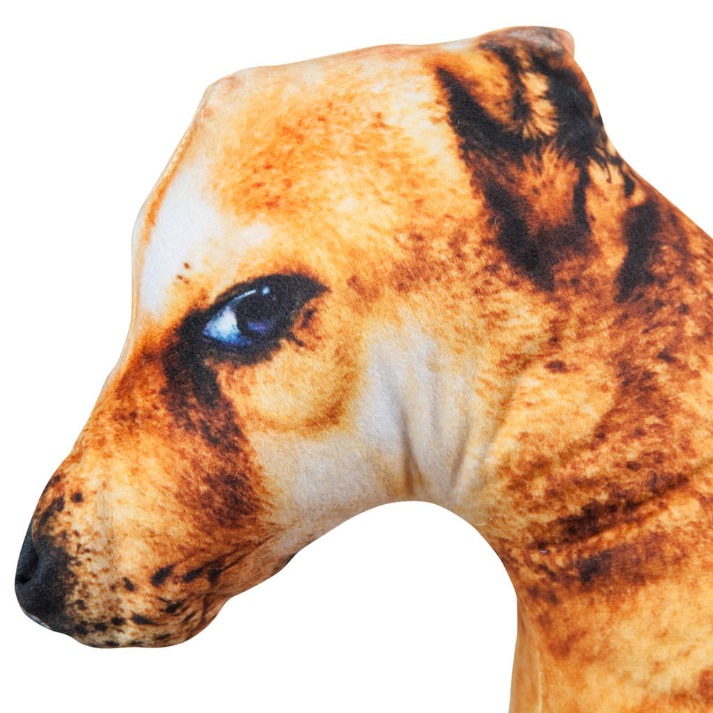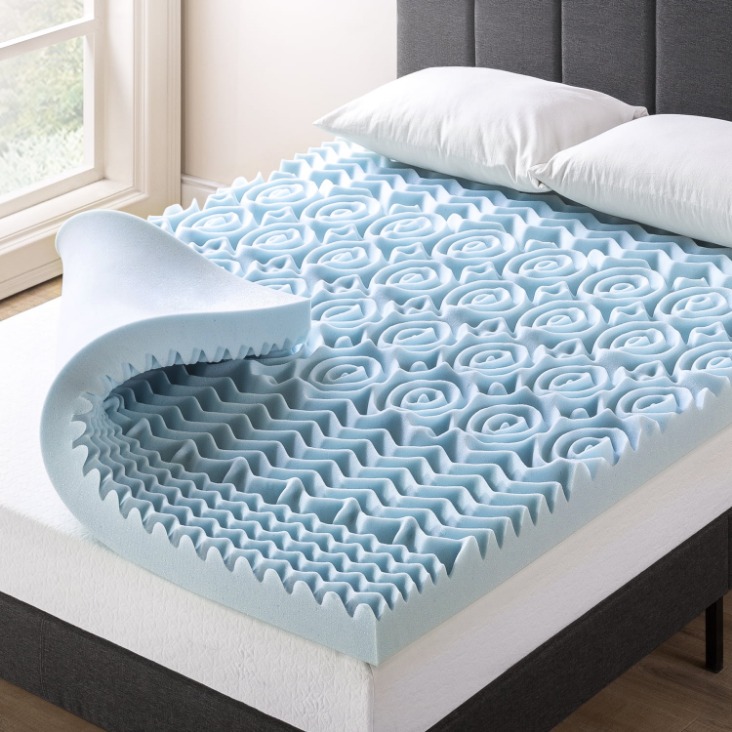Many people find themselves waking up to a damp pillow, wondering how to stop drooling in your sleep. This common issue can be both embarrassing and uncomfortable. Fortunately, there are several strategies you can employ to keep your pillow dry.
Identify the Root Cause
The first step in addressing how to stop drooling in your sleep is to identify what might be causing it. Drooling can occur for several reasons, including:
- Allergies or sinus issues
- Sleeping position
- Medication side effects
- Neurological conditions
- Weakness in the muscles around the mouth
Read more about how to stop drooling in your sleep here.
Elevate Your Head
If you find yourself waking up with a wet pillow, consider elevating your head while you sleep. Using an extra pillow can help to reduce the flow of saliva. A wedge pillow might also be beneficial as it encourages you to sleep in a more upright position, which can naturally keep the saliva from pooling in your mouth.
Change Your Sleep Position
For many, the position in which they sleep significantly impacts their drooling. Sleeping on your back can help prevent saliva from leaking out of your mouth. If you’re a side or stomach sleeper, you might want to train yourself to sleep on your back. This simple adjustment can be a game-changer when figuring out how to stop drooling in your sleep.
Maintain Good Oral Hygiene
Good oral hygiene can also play a role in reducing drooling. Regular brushing and flossing can help manage any underlying issues with your gums or teeth that might contribute to excessive saliva production. Additionally, using a mouthwash before bed can help keep your mouth dry.
Consult a Professional
If you’ve tried different strategies and are still struggling, it may be time to speak with a healthcare professional about your concerns on how to stop drooling in your sleep. They might suggest treatments like:
- Medications to reduce saliva production
- Devices to wear at night that help keep the mouth closed
- Surgical options in extreme cases
Allergy Management
Allergies can cause nasal congestion, which in turn might lead to mouth breathing and drooling. Managing your allergies through medication or lifestyle changes can be helpful. Ensure your sleeping environment is clean and free of allergens like dust mites and pet dander.
Hydration and Saliva Control
Surprisingly, staying well-hydrated during the day can help control saliva production at night. When your body is dehydrated, it produces more saliva to balance out your hydration levels. Drinking plenty of water during the day is a simple yet effective strategy.
Conclusion
Figuring out how to stop drooling in your sleep can significantly improve your sleep quality and self-confidence. By identifying the underlying cause, adjusting your sleeping habits, and consulting with professionals if necessary, you can wake up feeling fresh and dry.




